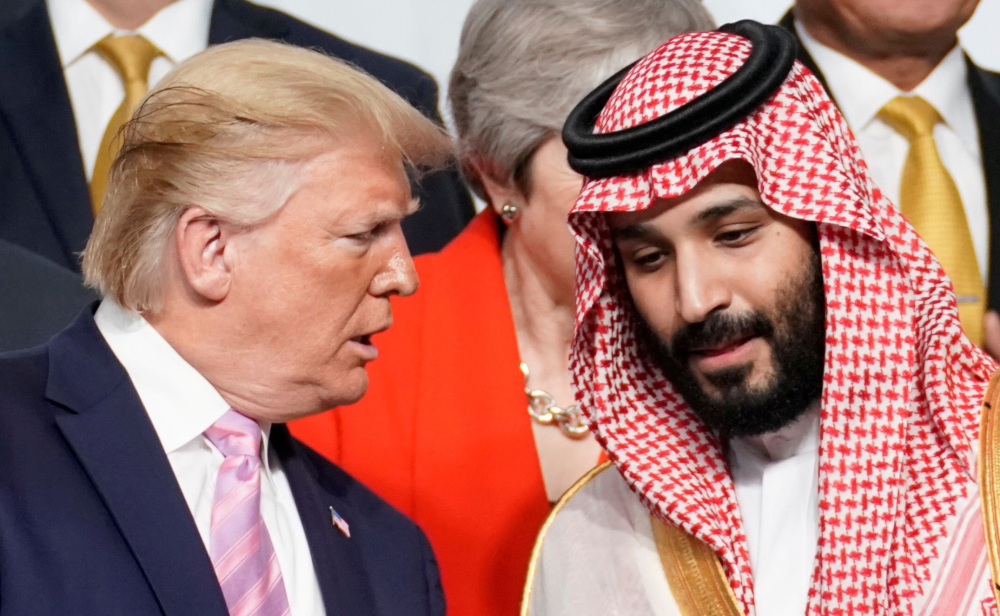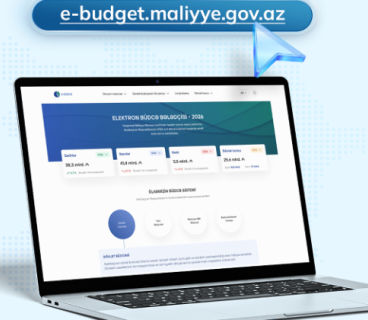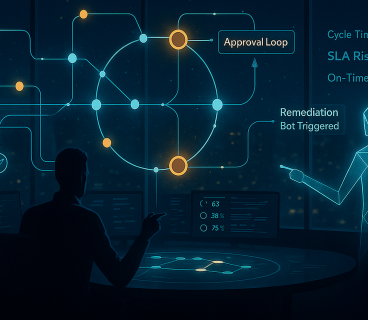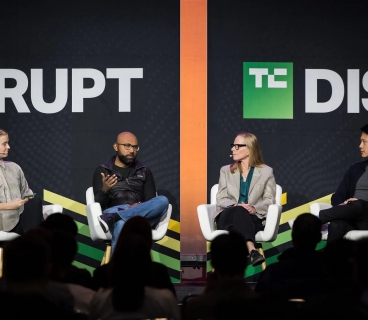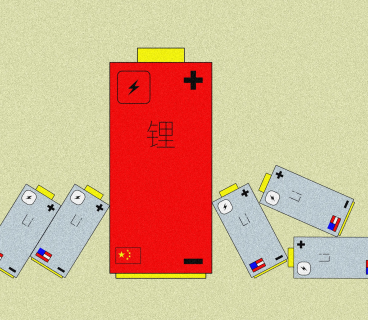A Summit at the Intersection of Technology and Politics
The US-Saudi Investment Summit, which took place in Riyadh, Saudi Arabia, on May 13, was one of the most notable global events in recent years. The event, chaired by US President Donald Trump and Crown Prince Mohammed bin Salman, was attended by the “giants” of the technology industry: Elon Musk, Sam Altman, Ruth Porat, Andy Jassy, Jensen Huang, Lisa Su, Ben Horowitz and others.
The main goal of the event was to attract and allocate billions of dollars in investments in the field of artificial intelligence, chip technologies and data centers. However, this meeting sent important messages not only in terms of economic, but also in terms of political and geopolitical aspects.
“Our most powerful businessmen are here” – a message from Trump
President Trump made a public statement at the event:
“As you know, the greatest business leaders in the world are here. They will leave here with many checks for many things.”
These words show that Trump’s foreign policy is presented not only as diplomatic, but also as business-based “commercial diplomacy.” In the new era of the president, the US is clearly trying to shape international relations through technological power and the private sector.
Key players and billion-dollar deals
The technology leaders who attended the summit did not just come to “show up.” Most of them presented concrete agreements, partnerships, and new investments.
Elon Musk (Tesla, SpaceX)
Although Musk, who openly supported Trump’s election campaign, distanced himself from the “DOGE” initiative he led to rebuild US public services, his presence at the event still showed his closeness to Trump.
Sam Altman (OpenAI)
Altman is raising funds under the “Stargate” project to build $100 billion data centers in the US and other countries. Rich countries like Saudi Arabia are essential to this initiative.
Jensen Huang (Nvidia)
Nvidia, the leader in AI chips, has signed a major deal with Saudi Arabia’s new AI startup Humain — selling hundreds of thousands of its “Blackwell” chips.
Lisa Su (AMD)
Nvidia’s rival AMD also announced a $10 billion partnership with Humain. The deal includes building data centers in the U.S., Saudi Arabia, and other countries.
Andy Jassy (Amazon)
Amazon had already announced earlier this year that it would build large data centers for cloud services in Saudi Arabia.
Politics and security questions in the shadow of technology
With so many chip, data center, and AI technology deals, security issues are also on the agenda. The fact that the U.S. is giving authoritarian regimes access to strategic technologies — especially chips — has raised concerns among some experts.
The question is: What does the U.S. get in return for sharing these technologies with countries like Saudi Arabia? Could these partnerships pose a threat to national security in the long term?
Boycotts of the past, deals of the present
Recall that in 2018, after the murder of journalist Jamal Khashoggi in the Saudi consulate, many businessmen boycotted the Saudi investment forum known as “Davos in the Desert.” But this time, instead of boycotting, billions of dollars in deals were signed.
Significantly, the event was not attended by Amazon founder Jeff Bezos, Meta CEO Mark Zuckerberg, Apple CEO Tim Cook, and Google CEO Sundar Pichai. These absences highlight the differences between technological and political positions.
In the end: Who wins?
This event in Riyadh showed that technology and foreign policy are no longer separate. US technology leaders have become key players in international relations.
Who will win more at the end of this “artificial intelligence diplomacy”: technology companies, the US government, or Saudi Arabia? In the coming years, it will be possible to find the answer to this question by looking at who AI chips will serve.

